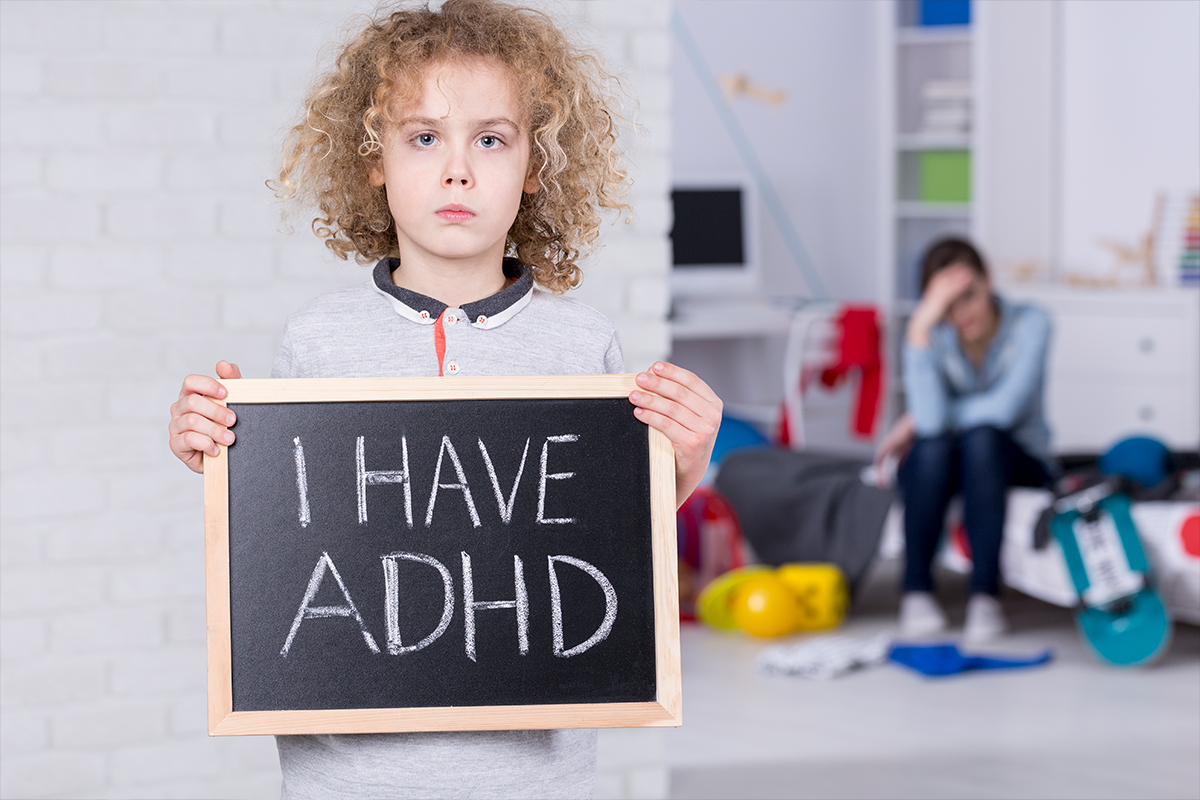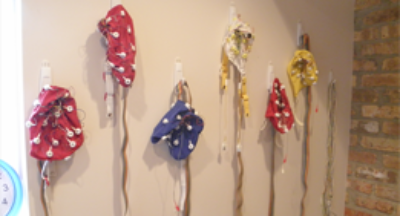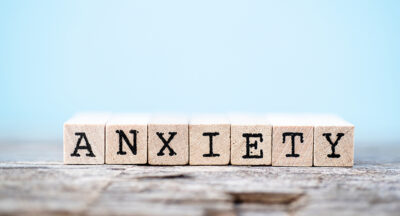
Treating ADHD Without Medication
ADHD stands for Attention Deficit Hyperactivity Disorder. This disorder is common amongst children and young adults around the world, and can present with difficulties regulating focus, bodily movement, and impulsivity. Contrary to modern thinking, medications for child attention deficit disorder (ADHD) are not always the best initial treatment. Instead, parents should seek out behavioral treatments according to new research presented at the annual convention of the American Psychological Association. Medications that address ADHD symptoms such as a lack of concentration in the classroom don’t necessarily address other impairments caused by ADHD. These often include difficulties with executive skills, emotional and behavioral regulation, and development of academic functioning. At CSLC, we have a repeatable process that is proven to alleviate the need for medicines such as Concerta, Adderall, Focalyn, or Strattera. Medicines such as the ones listed are short-term treatments that do not change brain function long term. While medication can be an effective tool for some people, our approach is COMPLETLEY non-medicinal and addresses each aspect of brain function for a long-term solution. We customize our treatments for each individual, because we understand that each patient is unique. Please review our website www.Helpforld.com to see what we can do!
Looking for some simple behavioral interventions to try out in the home?
Cognitive Solutions Learning Center says:
1.Ignore mild inappropriate behaviors and praise appropriate behaviors (Catch them being good!)
2.Use appropriate commands:
o Obtain the child’s attention: say the child’s name
o Use command not question language
o Be specific
o Command is brief and appropriate to the child’s developmental level
o State consequences and follow through
3.Daily charts (e.g., School, Home Daily Report Cards). www.goalforit.com is a great resource for chart creation. Encourage ownership in the chart, and have your child help with chart creation (brainstorming of concepts to be measured with the chart, how to implement, and appropriate rewards).
4.Premack contingencies using above charts (e.g., watch TV or phone time contingent upon homework or task completion)
5.Point/token system with both reward and cost components
6.Specific times and places for homework. Environment should be clean, well lit, and free of distractions. Time management worksheets can also be a useful toll for developing better homework monitoring skills.
Related Posts
TREATMENT AND THERAPY PROGRAMS FOR LEARNING DISABILITIES, ADD/ADHD, EXECUTIVE FUNCTIONING, ANXIETY, AND DEPRESSION
Our programs are designed to help you reach your full potential! At CSLC we take...
Depression Part II: Therapeutic Treatment Options
Some say the depression is an affliction that is exasperated, if not caused by...
What is Anxiety?
Is it Anxiety, a Phobia or just Life in Twenty-first Century? By Ari Goldstein,...
Adderall and Vyvanse — Are There Negatives to Taking Stimulant Medications?
Stimulant medications like Adderall and Vyvanse are commonly prescribed for...





